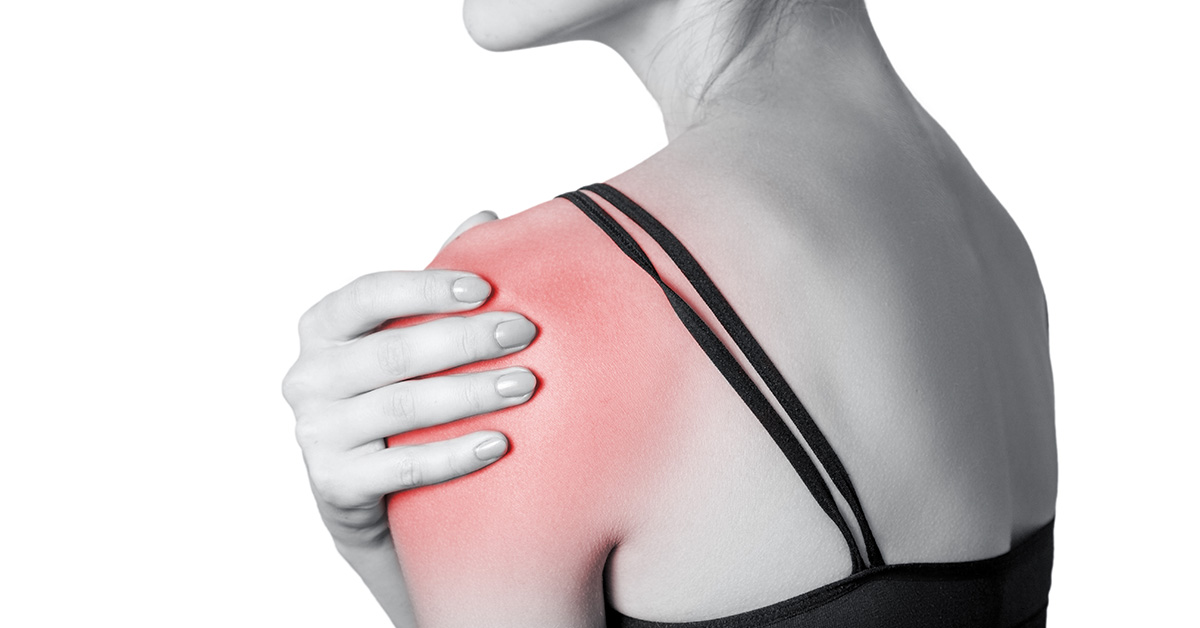
How Long Does It Take for a Torn Rotator Cuff to Heal Without Surgery?
A torn rotator cuff can be a painful and debilitating injury, impacting your ability to perform everyday activities. While severe tears may require surgical intervention, many partial tears or less severe injuries can heal without surgery. Understanding the healing process and timeline for a torn rotator cuff can help you set realistic expectations and ensure you take the appropriate steps for recovery.
Healing Timeframe
The healing time for a torn rotator cuff without surgery can vary widely depending on the severity of the tear, your overall health, and how diligently you follow your rehabilitation program. Generally, it can take several weeks to several months for a rotator cuff tear to heal without surgical intervention.
- Mild Tears: For mild, partial tears, you might start to see improvement within a few weeks. With consistent rest, physical therapy, and appropriate self-care, these tears can often heal within 6 to 8 weeks.
- Moderate Tears: More significant partial tears may take longer to heal, typically ranging from 3 to 6 months. Rehabilitation during this period is crucial to restore strength and function to the shoulder.
- Severe Tears: Severe tears that don't completely sever the tendon but involve significant damage might still heal without surgery, though the process can take up to a year. Intensive physical therapy and regular follow-ups with your healthcare provider are essential during this time.
Non-Surgical Treatment Options
Several non-surgical treatments can support the healing process of a torn rotator cuff:
- Rest and Activity Modification: Resting the shoulder and avoiding activities that exacerbate the pain are critical. Modifying your daily activities to reduce strain on the shoulder can help prevent further damage.
- Physical Therapy: A structured physical therapy program is essential for recovery. Exercises designed to strengthen the muscles around the shoulder, improve flexibility, and restore range of motion can significantly aid in healing.
- Medications: Over-the-counter pain relievers and anti-inflammatory medications can help manage pain and reduce inflammation, making it easier to engage in physical therapy.
- Corticosteroid Injections: In some cases, corticosteroid injections may be recommended to reduce severe inflammation and pain, allowing for more effective participation in physical therapy.
- Ice and Heat Therapy: Applying ice packs can reduce swelling and pain in the initial stages of injury. Heat therapy can be beneficial later on to relax and loosen tissues and improve blood flow to the area.
Importance of Adherence to Treatment
Adhering to your treatment plan is crucial for the successful healing of a torn rotator cuff without surgery. Skipping physical therapy sessions or returning to strenuous activities too soon can delay healing and potentially worsen the injury. It's essential to follow your healthcare provider's recommendations and attend all follow-up appointments to monitor your progress.
Signs You May Need Surgery
While many rotator cuff tears can heal without surgery, some signs indicate that surgical intervention may be necessary:
- Persistent pain that doesn't improve with non-surgical treatments.
- Continued weakness or loss of function in the shoulder.
- Difficulty performing everyday activities despite following a rehabilitation program.
If you experience these symptoms, consult your healthcare provider to discuss whether surgery might be the best option for your recovery.
Healing from a torn rotator cuff without surgery can take several weeks to several months, depending on the severity of the tear and your commitment to rehabilitation. By following a structured treatment plan that includes rest, physical therapy, and appropriate pain management, many individuals can achieve significant recovery without the need for surgical intervention. If you suspect you have a torn rotator cuff, consult with your healthcare provider to develop a personalized treatment plan and ensure the best possible outcome for your recovery.
